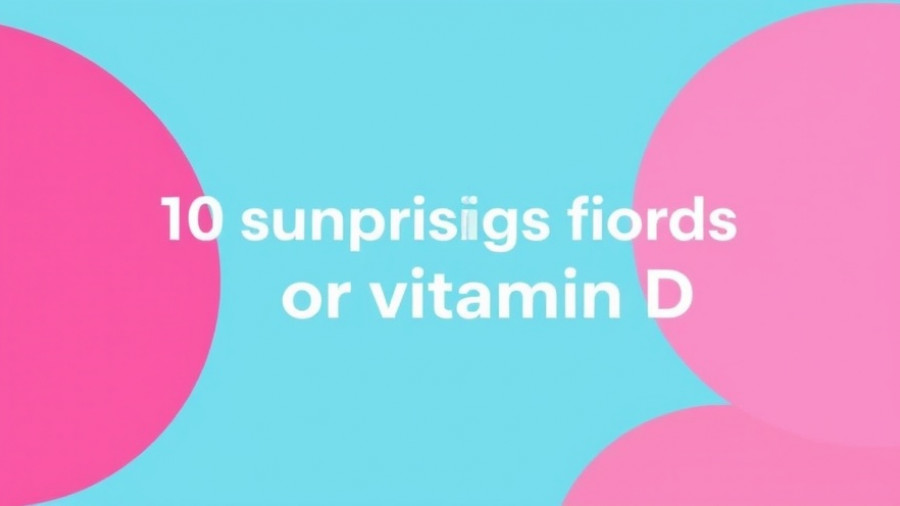
Vitamin D: The Essential Nutrient for Health
Vitamin D is vital for numerous bodily functions, playing a key role in bone health, immune system support, and even mental well-being. Many individuals, particularly in countries with less sunlight during the winter months, struggle to get adequate levels of this essential nutrient. Since our skin produces vitamin D when exposed to sunlight, dietary sources become crucial, especially when natural sunlight is limited.
Surprising Sources of Vitamin D
While fatty fish and fortified products are well-known for their vitamin D content, some unexpected foods can also help you meet your daily needs. Here are some surprising sources of vitamin D that you might not have considered:
1. Oily Fish: A Powerhouse
Fatty fish like salmon, mackerel, and sardines are among the richest sources of vitamin D. Just a single serving of salmon can provide the daily recommended intake for adults—about 600 to 800 IU, reinforcing the importance of including these tasty options in your diet.
2. Egg Yolks: Nutrient-Dense Power
One of the simplest ways to boost your vitamin D intake is through egg yolks. While egg whites lack this nutrient, the yolk delivers around 40-50 IU. Opt for eggs from hens that are raised outdoors, as they tend to be richer in essential nutrients, including vitamin D.
3. Fortified Foods: Label Watchers
Many cereals, plant-based milks, and margarines are fortified with vitamin D. This affects everyone, including vegetarians and vegans, by providing accessible sources of this vital nutrient. For instance, fortified cereals can range from 80 to 100 IU per serving, significantly contributing to your daily intake.
4. UV-Exposed Mushrooms: Nature's Unique Source
Mushrooms contain a special compound called ergosterol that allows them to produce vitamin D when exposed to UV light. Varieties like maitake and portobello can have impressive levels of vitamin D—definitely a win for those on vegetarian diets!
5. Liver: A Nutrient Powerhouse
Liver, particularly from beef or lamb, is not only rich in vitamin D but also iron and other essential nutrients. Though it should be consumed in moderation due to its high vitamin A content, it remains a nutrient-dense option worth considering.
How to Boost Your Vitamin D Levels
To ensure you are getting adequate vitamin D, consider integrating a variety of these foods into your meals. For those especially at risk for deficiency—such as older adults or individuals with limited sunlight exposure—a daily supplement may be beneficial during the winter months.
Beyond the Plate: The Role of Sunlight
While dietary sources are crucial, remember that getting outside and soaking up some sun can dramatically increase your vitamin D levels. Just 20 minutes of sunlight can provide a substantial amount of the nutrient your body needs to function optimally.
Take Charge of Your Health
Incorporating these surprising foods into your diet can make a difference in your vitamin D levels and overall health. If you suspect a deficiency, consult a healthcare provider for testing and tailored advice.
 Add Row
Add Row  Add
Add 




Write A Comment